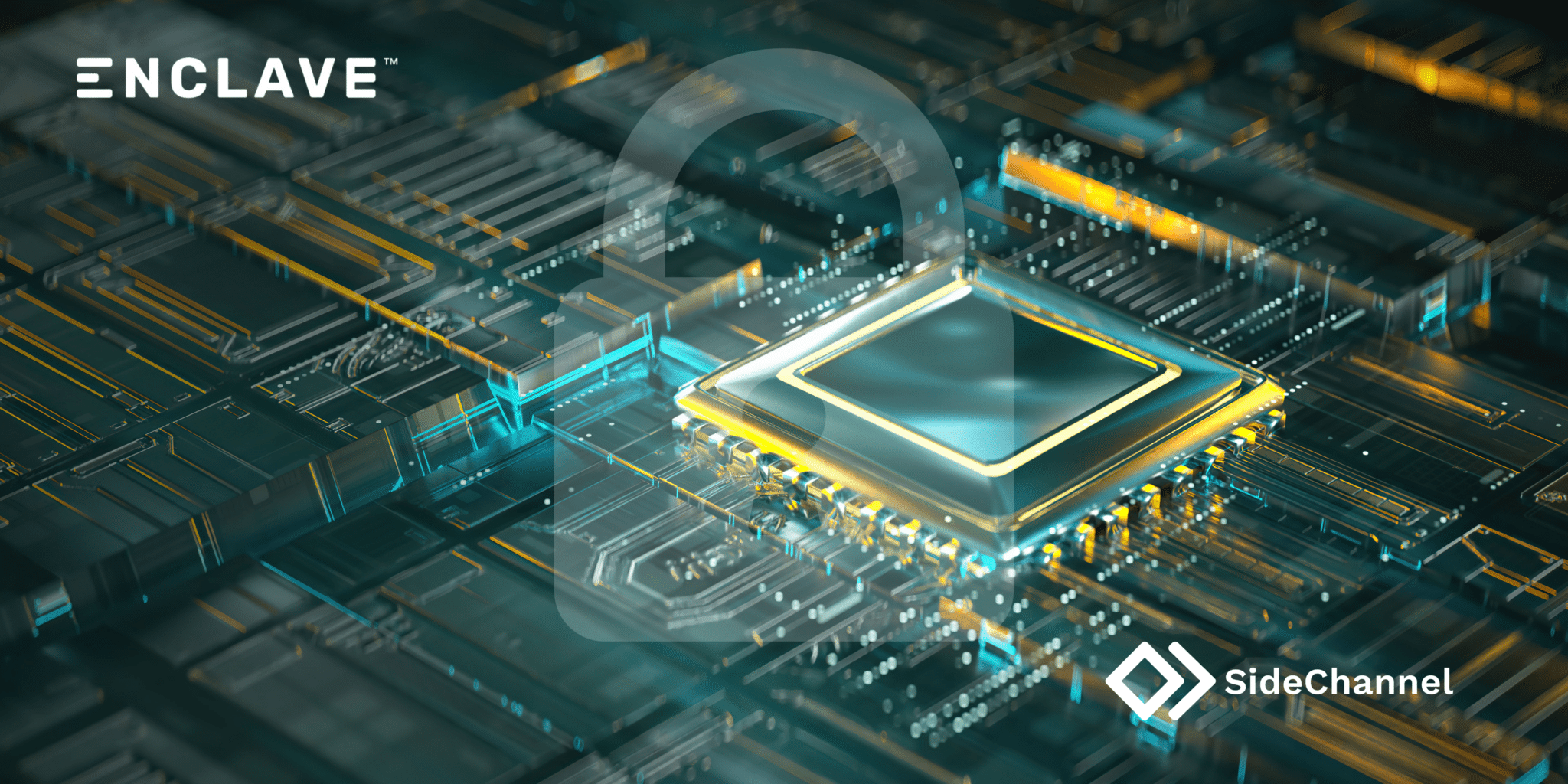Jump into the world of quantum computing and learn it’s impact on cybersecurity – neon sunglasses optional.
What is Quantum Computing?
Quantum computing is a quantum leap from classical computing, much like the difference between having a vast, instantly searchable digital library of congress at your disposal versus having to go and find books in the physical library.
While classical computers process information using bits (which is represented by only 0s and 1s), quantum computers use qubits. Thanks to the quantum mechanical phenomena of superposition, qubits can represent both 0 and 1 simultaneously and then process many such superposition states at the same time. This gives them the ability to explore and process many potential solutions to a complex problem at once — think of it as if every book in the library could be checked out and read at the same time!
The Threat of Quantum Computing to Cybersecurity
Quantum computing introduces drastic cybersecurity threats as it can break the very encryption that secures our digital communications. Present-day encryption methods, such as the RSA (Rivest-Shamir-Adleman), algorithm rely on the difficulty of factoring large numbers — a task that quantum computers could perform with ease.
Progress in quantum computing, such as the development of Shor’s algorithm, has demonstrated the capability to factor large numbers expeditiously, posing a significant threat to the encryption of data and thus cybersecurity.
This creates a “harvest now, decrypt later” (HDNL) scenario, where encrypted data stolen today could be decrypted in the future as quantum computers and Shor’s algorithm, become more feasible and commonplace, revealing the underlying sensitive data.
It’s estimated that it would take around 300 trillion years (give or take a couple of days) to crack a RSA 2048-bit key with a classic computer. By comparison Fujitsu researchers estimated it would require a “completely fault-tolerant quantum computer with 10,000 qubits 104 days to crack”
Brief Overview of Micro-segmentation and Zero Trust
Micro-segmentation and Zero Trust are cybersecurity strategies that, among other benefits, reduce an organization’s attack surface and secure its networks by assuming that no entity, whether inside or outside the network perimeter can be trusted.
These strategies ensure that policies should be strictly enforced and verified for every access request, regardless of the location (hence “Zero Trust”). In a landscape threatened by quantum computing, this provides for a robust framework that doesn’t depend solely on the traditional data encryption methods of the past.
Implementing Micro-segmentation and Zero Trust Against Quantum Threats
Implementing micro-segmentation and Zero Trust can significantly enhance an organization’s defense against quantum computing threats by reducing lateral movement within networks and ensuring that access is tightly controlled and monitored.
This defense-in-depth strategy ensures that even if quantum computing breaks traditional encryption, the internal network remains secure through stringent access controls and segmentation.
To learn more on how network segmentation and Zero Trust can increase your cyber security our blog goes into further detail.
Next Steps
To enhance future cybersecurity resilience, organizations should initially grasp the implications of quantum computing on their existing security frameworks. Following this understanding, the transition towards adopting quantum-resistant cryptographic algorithms should commence, ensuring robust protection against emerging threats.
Maintaining cryptographic flexibility, or the capacity for seamless transitions between encryption algorithms, is paramount. It’s crucial for organizations to prioritize educating their personnel on the risks quantum computing presents and to start deploying comprehensive security strategies, including micro-segmentation and the Zero Trust model. Moreover, staying informed about the advancements in post-quantum cryptographic standards and initiating the shift to these novel algorithms is vital for ensuring long term security.
As the full capabilities and effects of quantum computing on cybersecurity are yet to be fully realized, the urgency for preemptive security measures becomes apparent. In response to these challenges, Enclave has been developed to offer organizations cutting-edge security solutions. These solutions are designed to defend against both present-day and emerging threats, providing a shield of comprehensive protection now and preparing for future challenges.



